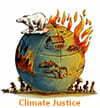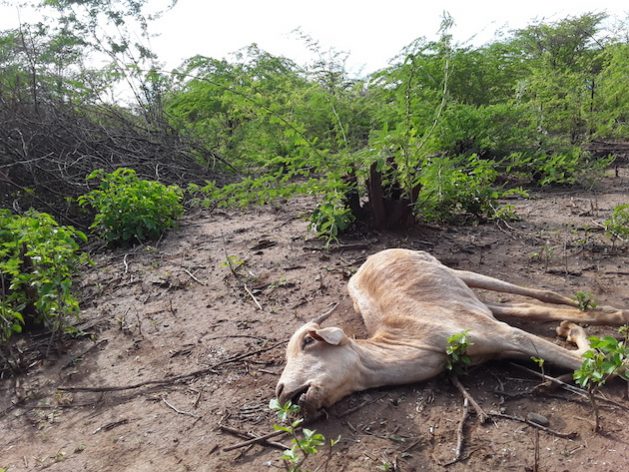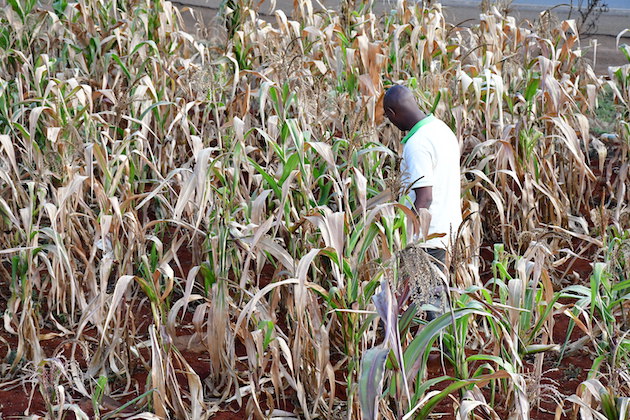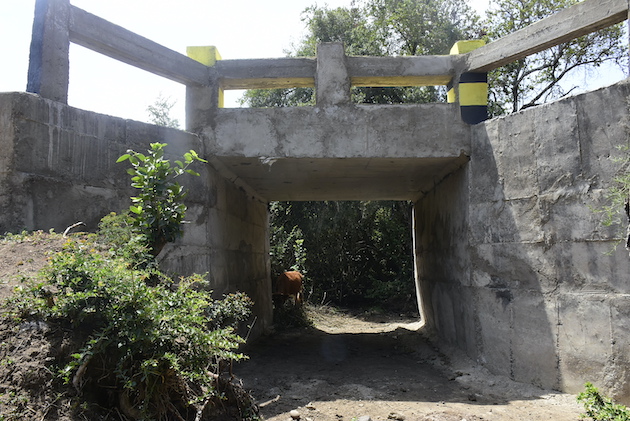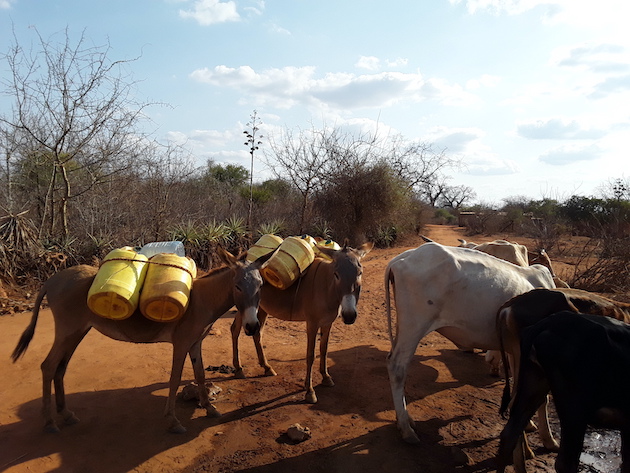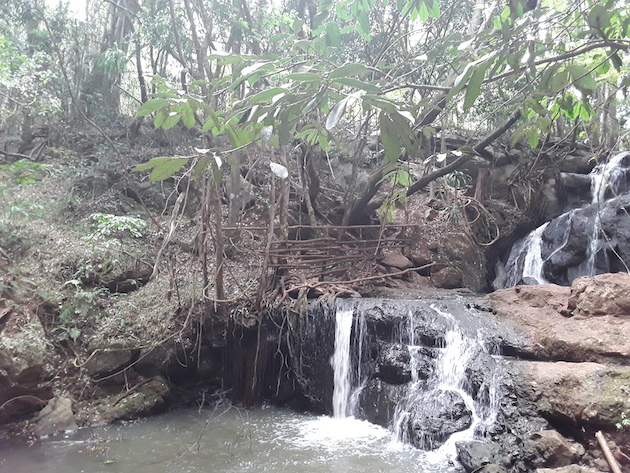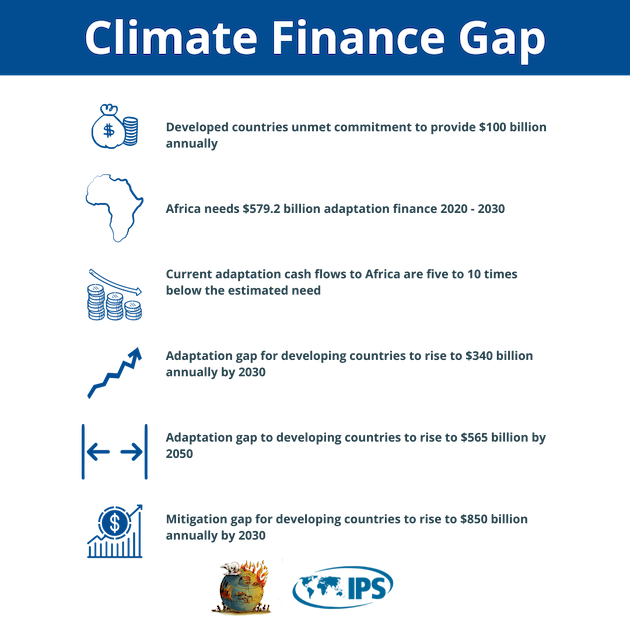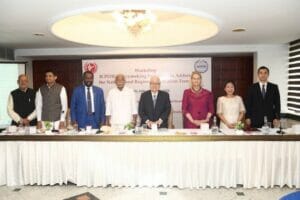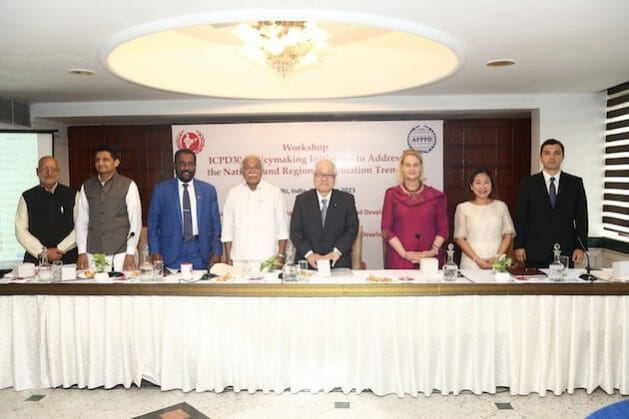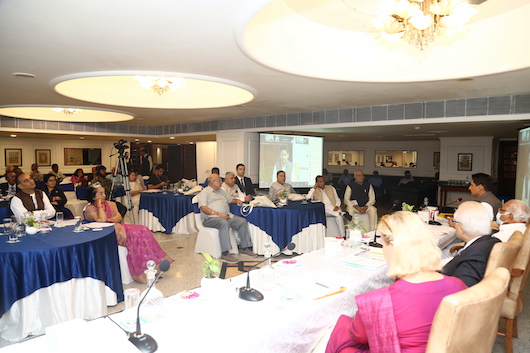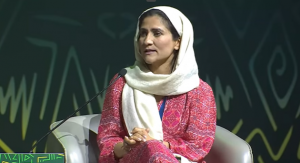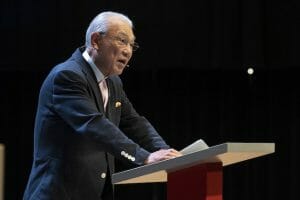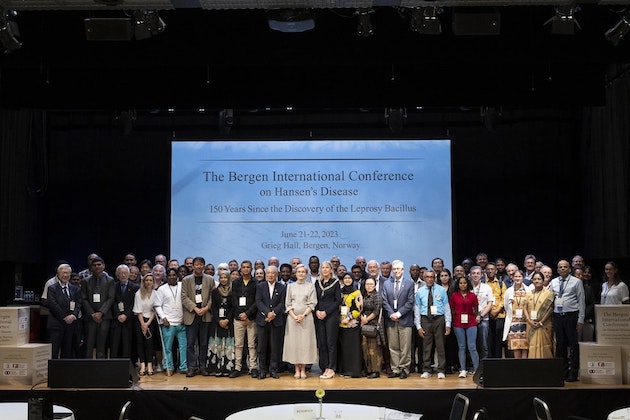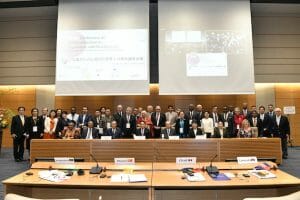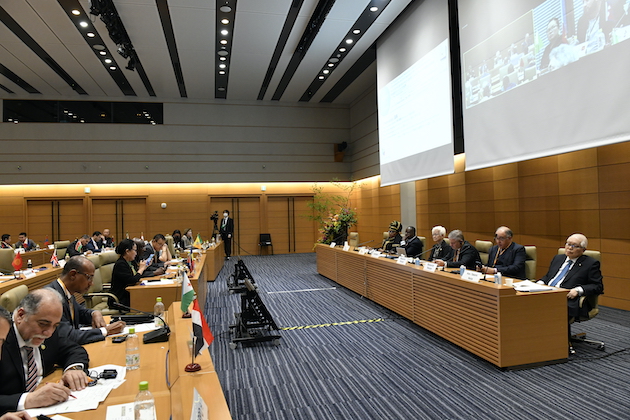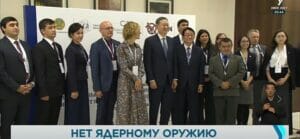
Armed Conflicts, Asia-Pacific, Conferences, Headlines, Health, Nuclear Energy – Nuclear Weapons, Peace, TerraViva United Nations
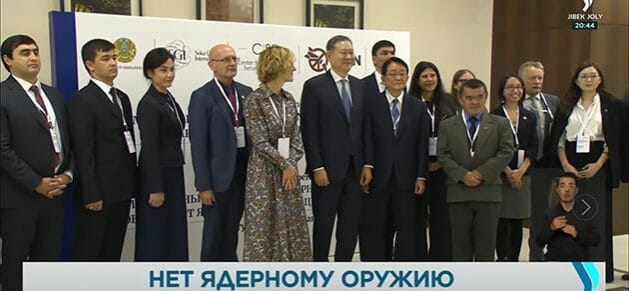
A Group photo of participants of the regional conference on the humanitarian consequences of nuclear weapons and nuclear-free-zone in Central Asia held on August 29, 2023. Credit: Jibek Joly TV Channel
– Exactly 32 years ago, on September 29, 1991, Kazakhstan, then part of the Soviet Union, made a historic decision that would alter its fate. On that day, Kazakhstan permanently closed the Semipalatinsk Nuclear Test Site, defying the central government in Moscow. This marked the start of Kazakhstan’s transformation from a nuclear-armed state, possessing the fourth-largest nuclear arsenal at the time, to a non-nuclear-weapon state. Kazakhstan’s audacious move to eliminate its nuclear weapons was rooted in a profound commitment to global disarmament, setting an inspiring precedent.
Eighteen years later, in 2009, the United Nations General Assembly adopted a resolution, led by Kazakhstan, designating August 29 as the International Day Against Nuclear Tests. This day serves as a solemn reminder of the catastrophic consequences of nuclear weapons and underscores the urgent imperative for disarmament.
In a world where the threat of nuclear weapons being used again remains a grim reality, a pivotal question looms: Can we genuinely aspire to a world free of nuclear arms? To delve deeper into this pressing concern and comprehend the menace posed by nuclear weapons testing and deployment, we interviewed Karipbek Kuyukov and participants of the “Humanitarian Impact of Nuclear Weapons and the Central Asian Nuclear-Weapon-Free Zone” regional conference. This conference, organized by the Ministry of Foreign Affairs of Kazakhstan in partnership with the Center for International Security and Policy (CISP), Soka Gakkai International (SGI), the International Committee of the Red Cross (ICRC), and the International Campaign to Abolish Nuclear Weapons (ICAN), took place in Astana, Kazakhstan to commemorate this year’s International Day Against Nuclear Tests.
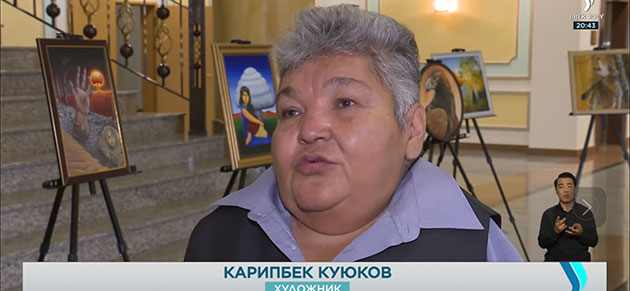
Karipbek Kuyukov is an armless painter from Kazakhstan, and global anti–nuclear weapon testing & nonproliferation activist. Credit: Jibek Joly TV Channel
One of the most poignant moments during the conference came from Dmitriy Vesselov, a third-generation survivor of nuclear testing. He provided a heartfelt testimony about the profound human toll exacted by nuclear testings on his family and the broader community. The nuclear tests conducted at the Semipalatinsk Nuclear Test Site over four decades unleashed explosions 2,500 times more potent than the atomic bombs dropped on Hiroshima and Nagasaki. The repercussions of these tests have echoed through generations, inflicting severe health problems and untold suffering.
Kuyukov, a renowned Kazakh artist born without hands due to radiation exposure in his mother’s womb, has devoted his life to raising awareness about the horrors of nuclear testing. His powerful artwork, created using his lips or toes, depicts the survivors of nuclear tests and serves as a poignant tribute to those who perished. Kuyukov’s unwavering commitment reflects the indomitable human spirit in the face of unimaginable adversity.
Dmitriy Vesselov’s testimony shed light on the ongoing challenges faced by survivors. He candidly shared his struggles with health issues, including acromioclavicular dysostosis, a condition severely limiting his physical capabilities. Vesselov expressed his deep concern about the potential transmission of these health problems to future generations. Consequently, he has chosen not to have children. The conference underscored the imperative of averting the repetition of history by delving into the past tragedies inflicted by nuclear weapons testings.
Hirotsugu Terasaki, Director General of Peace and Global Issues of SGI, commenting on the event said “I believe that this regional conference is a new milestone, a starting point for representatives from five countries of Central Asia to discuss how we can advance the process toward a nuclear-weapon-free world, given the ever-increasing threat of nuclear weapons.”
Terasaki observed that the international community is actively deliberating Articles 6 and 7 of the Treaty on the Prohibition of Nuclear Weapons (TPNW), mandating state parties to provide support to victims and address environmental remediation. He accentuated Kazakhstan’s pivotal role as a co-chair of the working group central to these discussions.
Kazakhstan does provide special medical insurance and benefits to victims of nuclear tests. However, these benefits are predominantly extended to individuals officially certified as disabled or a family member of those who succumbed to radiation-related illnesses. Numerous victims, like Vesselov, who do not fall within these categories, remain ineligible for assistance.
Despite his daunting challenges, Mr. Vesselov maintains an unwavering sense of hope. He hopes that his testimony will serve as a stark reminder of the perils of nuclear weapons and awaken global consciousness regarding the dangers posed by even small tactical nuclear weapons and the specter of limited nuclear conflicts. Ultimately, his deepest aspiration, shared by all victims of nuclear weapons, is that the world will never bear witness to such a devastating tragedy again.
As Kazakhstan assumes its role as President-designate of the third Meeting of States Parties to the TPNW, it reaffirms its steadfast commitment to global peace and disarmament. President Kassym-Jomart Tokayev’s resolute words resonate with the sentiment of a nation that has borne the scars of nuclear testing: “Such a tragedy should not happen again. Our country will unwaveringly uphold the principles of nuclear security.”
At the conference, member states of the Treaty of Semipalatinsk were encouraged to support Kazakhstan in this endeavor, and in its efforts to represent the Central Asian region’s contribution to nuclear disarmament, through attending the second Meeting of States Parties of the TPNW, at least as observers, which will take place at the United Nations Headquarters in New York between 27 November and 1 December this year, and by signing and ratifying the TPNW at the earliest opportunity.
In a world still grappling with the looming specter of nuclear devastation, Kazakhstan’s journey from a nuclear test site to a leading advocate for disarmament serves as a beacon of hope. Kazakhstan’s unwavering commitment to peace stands as a testament to the enduring legacy of a nation that once bore the weight of nuclear tests and now champions a safer, more secure world for all.
Katsuhiro Asagiri is President of INPS Japan and Kunsaya Kurmet-Rakhimova is a reporter of Jibek Joly(Silk Way) TV Channel.
IPS UN Bureau

